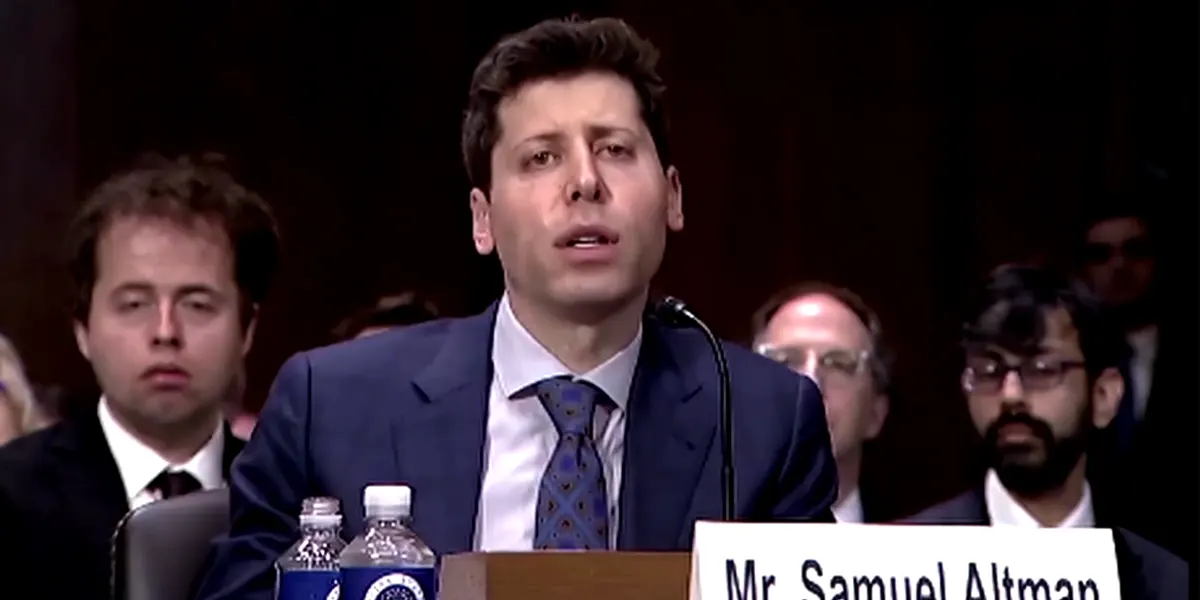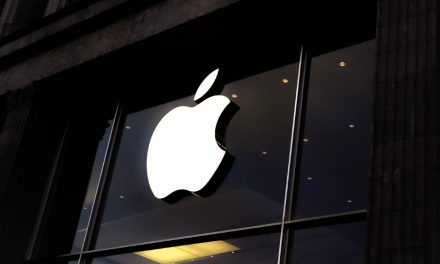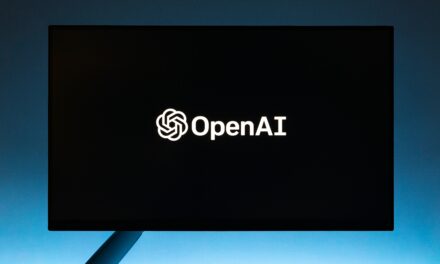The shock firing of OpenAI chief executive Sam Altman and the potential en masse resignation of the company’s employees could drive some investors to take legal action against the controversial tech firm’s board of directors.
Many of these investors are concerned about a potential loss of millions of dollars in investments should Altman’s firing and the mass exodus cause OpenAI to fail, signaling a potentially ignominious end to what has been the biggest player in the field of generative AI
OpenAI’s board announced Altman’s ouster on Friday, November 17th, a controversial decision on their part as they claimed that the erstwhile CEO had not been consistent with his communications. The board has since named Emmett Shear as his replacement, and Altman has accepted a position with Microsoft which owns 49% of OpenAI’s for-profit operations.
This development was not welcomed by OpenAI’s 700 employees, most of whom intend to resign if the current board does not step down or is not replaced soon. This could prove to be a killing blow to the company as OpenAI employees hold a great deal of leverage over the board thanks to the way it was structured by the parent company OpenAI Nonprofit.
As of Monday, November 20th, several of those who invested in the firm have sought legal counsel to see what options are available to them. But even if a solid reason for suing OpenAI is found, experts point out that investors won’t stand a chance in court, citing the way other leading tech firms have fired out their founders if these were found to be a risk to the company’s growth. The most well-known such case is the way Apple fired its most prominent founder, Steve Jobs back in 1985 after a protracted dispute with the company’s board. Jobs was eventually rehired by the company.















